Studying effectively in college requires more than just reviewing notes the night before an exam. To excel academically, it’s essential to develop consistent study habits, utilize effective note-taking strategies, and stay organized throughout the academic year. This blog explores key techniques and tips to help you maximize your study time and achieve your academic goals.
Study Methods That Work.
Finding the right study methods is crucial to retaining information and understanding complex material. One of the most effective techniques is active learning, which involves engaging with the material through summarization, questioning, and teaching the content to someone else. This method helps deepen your understanding and reinforces key concepts. Spaced repetition is another powerful method, which involves reviewing material at increasing intervals over time. This technique is particularly effective for long-term retention and is often used with flashcards or apps like Anki. Additionally, practice testing—self-testing or using practice exams—can help you identify knowledge gaps and improve your recall under exam conditions.
Note-Taking Strategies.
Effective note-taking is essential for capturing and organizing the information presented in lectures and readings. One popular method is the Cornell Note-Taking System, which divides your paper into three sections: notes, cues, and summary. This structure helps you organize your notes logically and review them efficiently. Another strategy is mind mapping, where you create a visual representation of the material, showing the relationships between concepts. This approach is particularly useful for subjects that require understanding of complex processes or hierarchies. For students who prefer a more linear method, the outline method is a great option. This involves structuring your notes in bullet points or numbered lists, organized by main topics and subtopics.
Staying Organized and Focused.
Staying organized is key to effective studying, as it ensures you can easily access your materials and stay on top of deadlines. Time management tools like planners, digital calendars, or apps such as Todoist can help you keep track of assignments, exams, and study sessions. Breaking down larger tasks into smaller, manageable steps can prevent you from feeling overwhelmed and help you stay focused. To maintain focus while studying, create a distraction-free environment. Choose a clean and quiet study space to enhance concentration. Additionally, maintaining a consistent study routine by setting aside specific times each day for studying can help reinforce good habits and keep you on track throughout the semester.
Reach your Potential with Magna College Consulting.
Preparing for college success begins with mastering effective study habits before you even step foot on campus. At Magna College Consulting, we understand the importance of developing the right strategies for academic excellence. Our experienced consultants work with college applicants to cultivate disciplined study habits and provide personalized advice tailored to your unique learning style. Set yourself up for success—contact Magna College Consulting today and start your journey with expert guidance and dedicated support.




